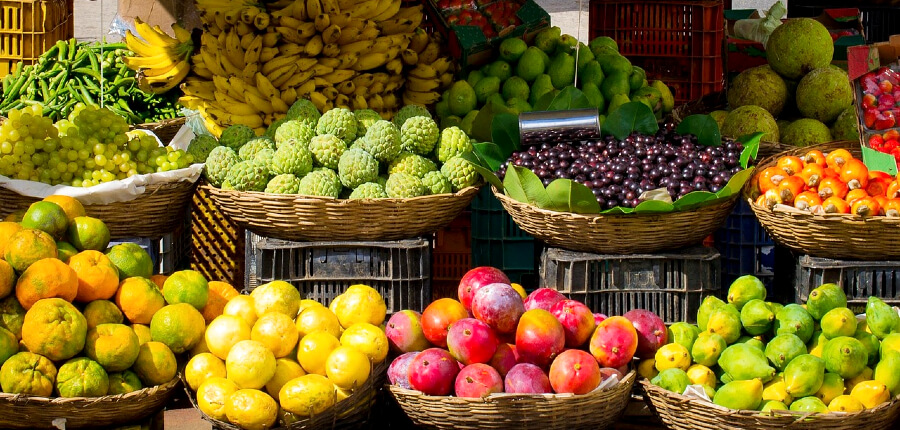Rather than throwing $1 billion at independent beef and poultry producers in an attempt to lower meat prices and increase competition within the industry—as the federal government is planning to do—we should be investing in vegan companies and encouraging more people to eat vegan foods instead of animal-based ones.
Americans eat too much meat. The average American eats about four times as much beef as people in the rest of the world, which is essentially like smoking four times as many cigarettes, considering that both beef and tobacco are linked to cancer, heart disease and many other illnesses. Americans have twice the obesity rate, twice the diabetes rate and nearly three times the cancer rate as people in other countries.
Even if the retail price of meat goes down because the federal government gives private beef and poultry producers a handout, meat-eating Americans would still have to dish out extra money for statins, blood pressure pills and other medical expenses that are associated with eating animal-based foods. Supermarket specials on meat won’t seem like a good deal if you have to pay for pricey prescriptions or high insurance premiums because eating beefy burgers and chicken breasts put you in the emergency room.
And since America’s meat addiction is trashing the planet, the U.S. government won’t be doing anyone any favors by footing the bill for people to eat more meat. Beef production alone causes more than 3% of America’s greenhouse-gas emissions, and animal agriculture also contributes to water pollution, rainforest destruction and other environmental problems. A vegan Beyond Burger generates 90% fewer greenhouse gases than a quarter-pounder made of beef.
The government already allots too much money—our tax money—to meat and dairy producers. According to David Robinson Simon, the author of Meatonomics, the government spends $38 billion each year to subsidize meat and dairy-based foods. Less than 1% of our tax money is used to subsidize produce each year, even though the federal government’s dietary guidelines say that we should eat more fruits, vegetables, whole grains and legumes.
Researchers at Tufts University have found that subsidizing fruits and vegetables could prevent nearly 2 million cardiovascular events and save about $40 billion in health-care costs. Healthy vegan foods are naturally cholesterol-free and generally low in saturated fat, so by incentivizing Americans to eat them, we would not only save money on health-care costs, as mentioned, we’d also save lives—both human and animal—and help combat the climate catastrophe.
Since the government seems to have cash to spare, it should invest it in the growing number of vegan food companies or in laboratory-grown meat, which doesn’t involve animal suffering or destroying the environment. And if it insists on funding meat producers, it could stipulate that the money be used to develop vegan meat.





